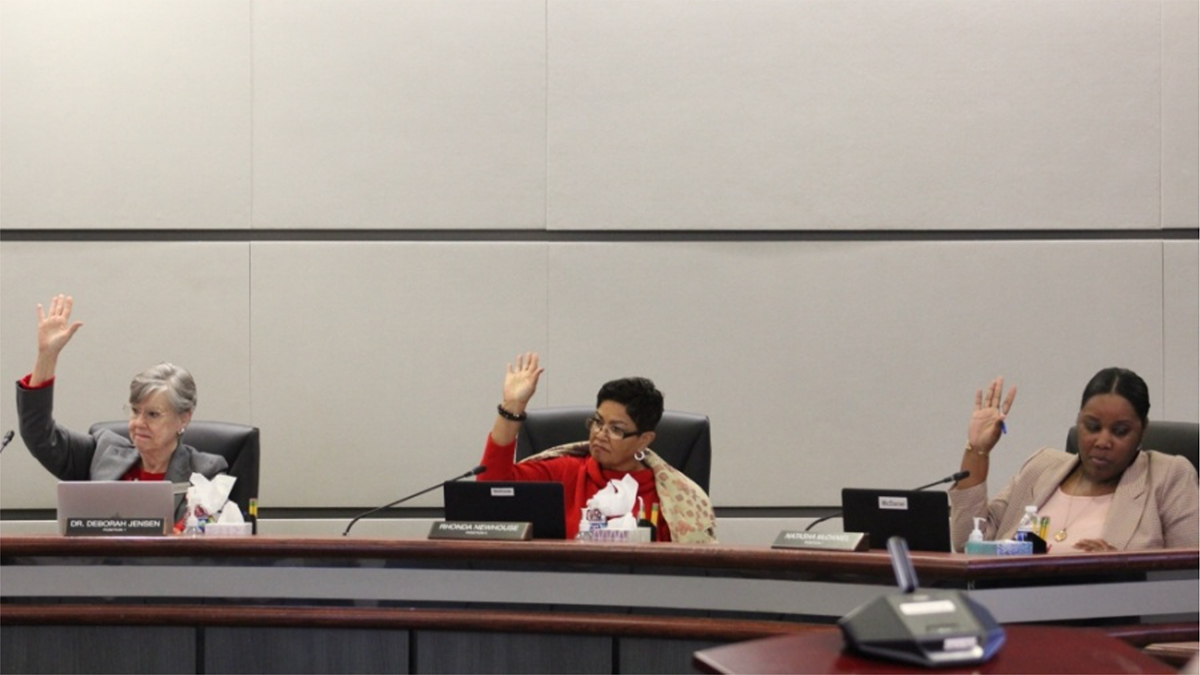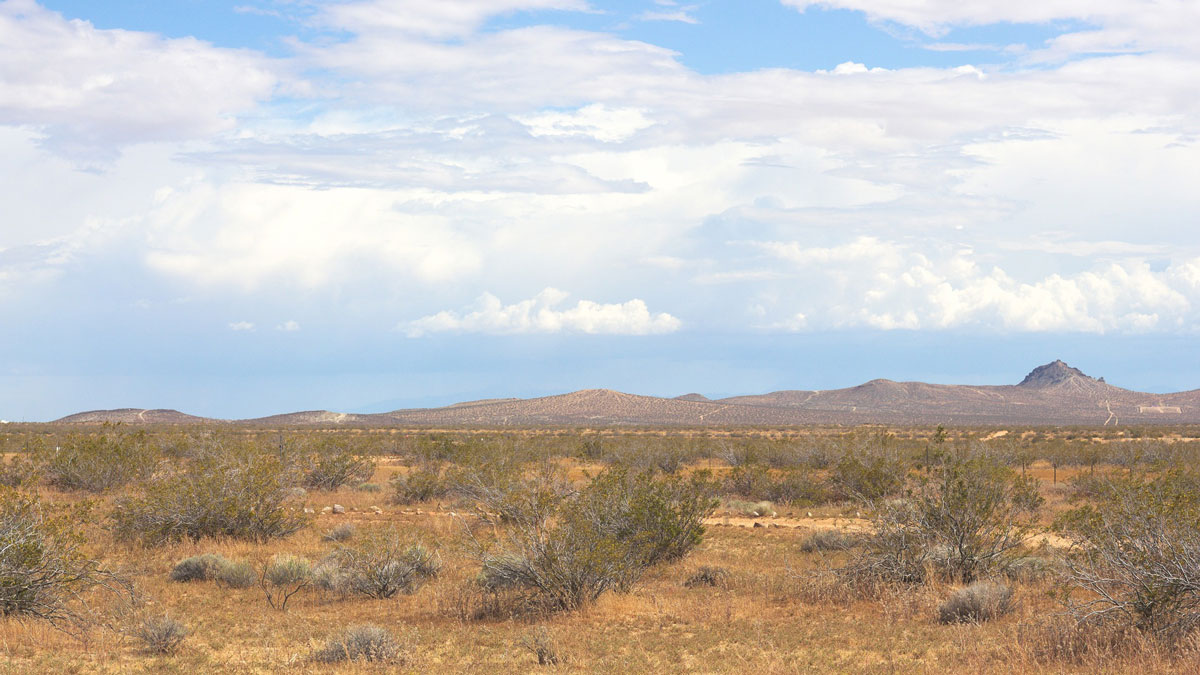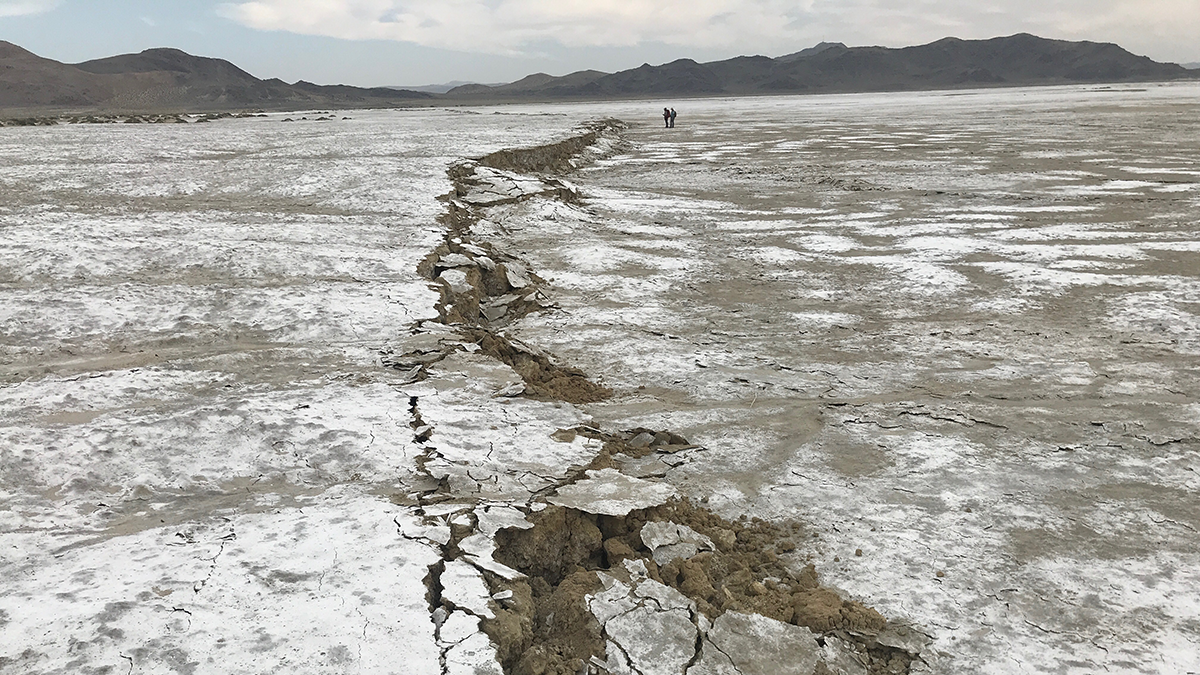Whether as an officeholder or a challenger, the campaign trail is where U.S. candidates are uniquely open to new ideas. As former candidates for office, we have tips for a different kind of outreach.
science policy
Fiber-Optic Cables Used to Measure Changing Soil Moisture
Scientists are using seismic techniques to measure soil moisture. Their results show that recent droughts in California depleted water in the shallow subsurface.
Data to Decisions: Changing Priorities for Earth Observations
NASA is updating how it designs and implements Earth science missions to ensure their data and science reach users and decisionmakers faster and more effectively.
Operational Earthquake Forecasting – What Is It and How Is It Done?
While earthquakes cannot be deterministically predicted, operational earthquake forecasting systems can provide valuable insights into the likelihood of future quakes.
The Role of Community Conversation in Improving Air Quality
Collaboration between academic researchers and environmental justice organizations is key to mitigating emissions.
More Than Half of Contiguous U.S. River Water Comes from Ephemeral Streams
The finding has potential implications for water regulations, which don’t currently cover these seasonal streams.
Samantha Montano: Helping Communities Recover
A disasterologist has a passion for making emergency management systems more just and equitable.
One Question About Climate, and Barely an Answer at Biden-Trump Debate
In this election cycle, stakes are high for the environment and the scientific community. You wouldn’t know that from the first presidential debate.
Navigating the Rapid Rivers of Policy
Scientific data and shared commitments help define new approaches to water management and science communication.
Expecting the Unexpected Could Help Us Prepare for Climate Extremes
A new paper argues that too little consideration of high-impact, low-likelihood events has left us unprepared for the worst of climate change.










